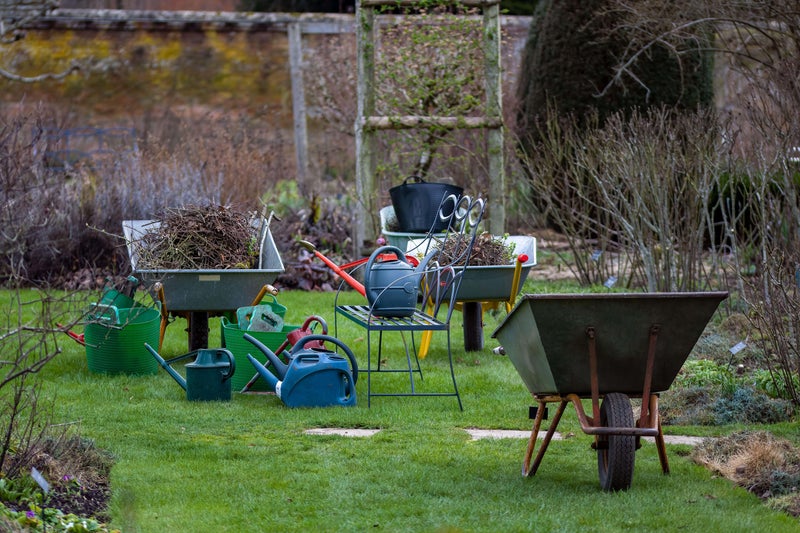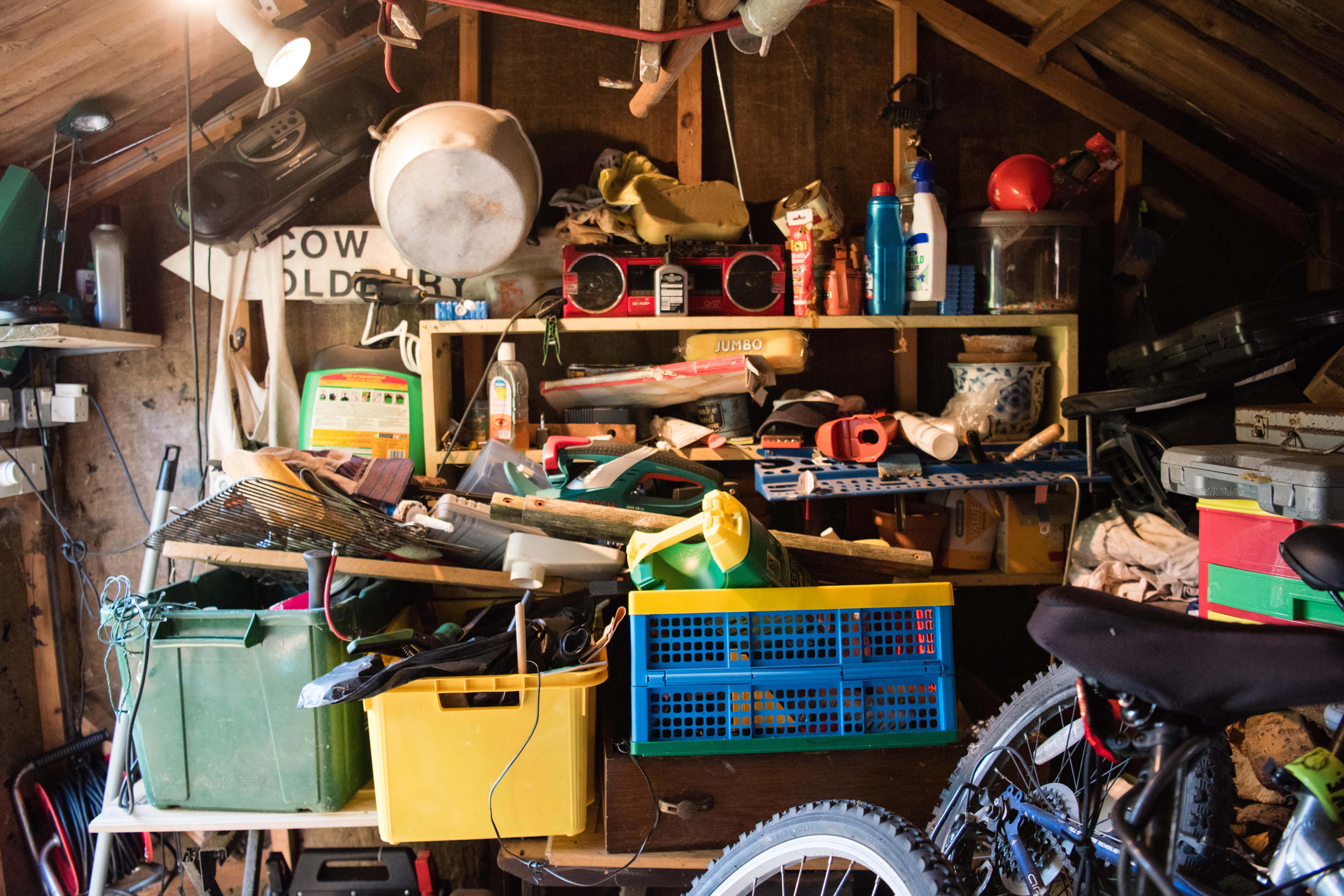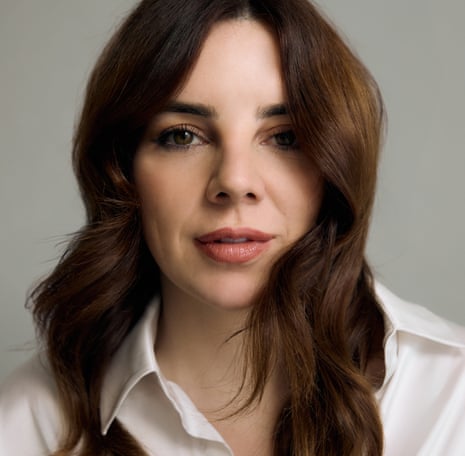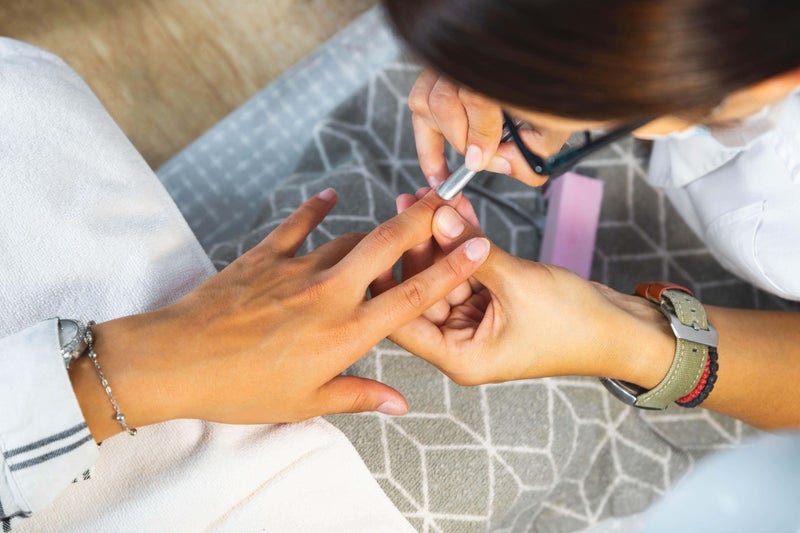A CEO has revealed a test he uses in interviews to see if candidates are up for the job - and it has nothing to do with their CV. Trent Innes, the former managing director of Xero Australia, revealed that while hiring at the company he would test potential employees by offering them a cup of coffee in the interview. Speaking to the Venture Podcast with Lambros Photios, Trent, who is now the CEO of investment company Compono, said the trick gives him a snapshot into a candidate's 'attitude' and 'ownership'.
![[The highly controversial coffee cup test is an employability technique lauded by Xero Australia boss Trent Innes (pictured) who says he refuses to hire anyone who doesn't offer to take their empty coffee cup back to the kitchen at the end of a job interview]](https://i.dailymail.co.uk/1s/2025/02/18/13/95328621-14408559-image-a-24_1739885200839.jpg)
Before commencing a interview, Trent says he usually takes the prospective employee for a walk to the kitchen, where they will be offered either a glass of water, coffee, tea or soft drink. 'I'm probably giving away all my dark secrets here now' continued Trent. 'But if you do come in and have an interview, as soon as you come in and you do meet me, I will always take you for a walk down to one of our kitchens and somehow you always end up walking away with a drink'.
![[Interview expert Victoria Gates (pictured) sees the entire process as 'weird', and called on employers to harness methods that measured work-related experience]](https://i.dailymail.co.uk/1s/2025/02/18/16/95328825-14408559-Interview_expert_Victoria_Gates_pictured_sees_the_entire_process-a-10_1739894409070.jpg)
'Then we take that back, have our interview, and one of the things I'm always looking for at the end of the interview is, does the person doing the interview want to take that empty cup back to the kitchen?'. But experts are now branding the test - which has nothing to do with your CV, skills or knowledge of the company - a 'made up social experiment', while one jobseeker called it 'stupid'. What if an employer enlists a sneaky, little-known tactic to test your suitability for the role and ultimately the workplace... by offering you a steaming cup of coffee? (stock image).
![[According to Trent, the coffee cup test is a good indicator of character, adding that only five to 10 per cent of interviewees have never offered to return their empty coffee cup to the kitchen (Stock image)]](https://i.dailymail.co.uk/1s/2025/02/18/13/95328253-14408559-image-a-26_1739885214854.jpg)
Despite growing critique of the method, Trent insisted that beyond skills, knowledge and experience, employability mostly came down to 'attitude'. 'The attitude that we talk a lot about is the concept of "wash your own coffee cup"' he said. By implementing the approach, he claimed it would ensure he found the perfect employee who would fit into the culture of his company. To do this, he needed the 'lowest level task' that was still regarded as highly important, no matter your position in the company.
The managing director said success was a collective effort, and each individual had their own part to play. 'If you come into the office one day inside Xero, you'll see the kitchens are almost always clean and sparkling and it's very much off that concept of wash your coffee cup, but that sort of led into the interview space' said Trent. 'You really want to make sure that you've got people who have got a real sense of ownership, and that's really what I was looking for.
The highly controversial coffee cup test is an employability technique lauded by Xero Australia boss Trent Innes (pictured) who says he refuses to hire anyone who doesn't offer to take their empty coffee cup back to the kitchen at the end of a job interview. Interview expert Victoria Gates (pictured) sees the entire process as 'weird', and called on employers to harness methods that measured work-related experience.
'Attitude and ownership scale, especially in a really fast growing environment like we've been going through and still at this stage as well. We want to make sure we've got people who have a real, strong ownership and a growth mindset'. Ultimately, the coffee cup test determines 'that they're actually going to fit into the culture inside Xero'. He said he also used it to measure whether a potential employee would 'really take on everything that they should be doing'.
But interview expert Victoria Gates, sees the entire process as 'weird', and called on employers to harness methods that measured work-related experience. Victoria co-owns Expert Interviewers with Lorna Erickson, and together the Kansas City duo provide interview training services for both employers and jobseekers. Under their TikTok account of the same name, Victoria posted a video sharing her thoughts on the coffee cup test.
'What interviewers need to understand is attitudes and actions are best evaluated with actual job-related experience and not made up social experiments' said Victoria. 'Candidates have choices and if you find out that you didn't get a job because of this weird social experiment you're probably better off'. She further labelled it a bunch of 'mind games' and implored jobseekers to consider 'what it would be like to work' for a business that used such tactics.
According to Trent, the coffee cup test is a good indicator of character, adding that only five to 10 per cent of interviewees have never offered to return their empty coffee cup to the kitchen (Stock image). Similarly, Jeremy Sheffey, a Florida-based workforce and talent expert warned against using the coffee cup test as a 'make-or-break idea'. In a post shared to his LinkedIn page, he wrote: 'I understand the logic, but I don't think making things like this a make-or-break is a good idea.































